To provide the best experiences, we use technologies like cookies to store and/or access device information. Consenting to these technologies will allow us to process data such as browsing behaviour or unique IDs on this site. Not consenting or withdrawing consent, may adversely affect certain features and functions.
The technical storage or access is strictly necessary for the legitimate purpose of enabling the use of a specific service explicitly requested by the subscriber or user, or for the sole purpose of carrying out the transmission of a communication over an electronic communications network.
The technical storage or access is necessary for the legitimate purpose of storing preferences that are not requested by the subscriber or user.
The technical storage or access that is used exclusively for statistical purposes.
The technical storage or access that is used exclusively for anonymous statistical purposes. Without a subpoena, voluntary compliance on the part of your Internet Service Provider, or additional records from a third party, information stored or retrieved for this purpose alone cannot usually be used to identify you.
The technical storage or access is required to create user profiles to send advertising, or to track the user on a website or across several websites for similar marketing purposes.
 Today is ‘Blue Monday’, allegedly the most depressing day of the year. The case against the beginning of the third working week in January includes an inability to keep up New Year resolutions, lack of daylight, and giving us something to gripe about. However it also presents an opportunity to discuss the hidden problem of depression amongst the workforce. One in four will have some kind of mental health problem this year which is why Business Disability Forum has today announced a new guide for line managers on how to manage mental health at work.
Today is ‘Blue Monday’, allegedly the most depressing day of the year. The case against the beginning of the third working week in January includes an inability to keep up New Year resolutions, lack of daylight, and giving us something to gripe about. However it also presents an opportunity to discuss the hidden problem of depression amongst the workforce. One in four will have some kind of mental health problem this year which is why Business Disability Forum has today announced a new guide for line managers on how to manage mental health at work.




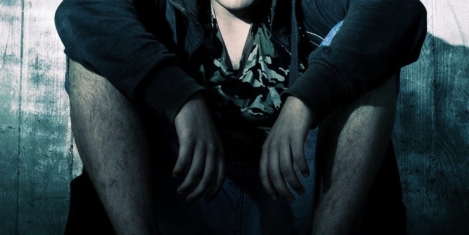



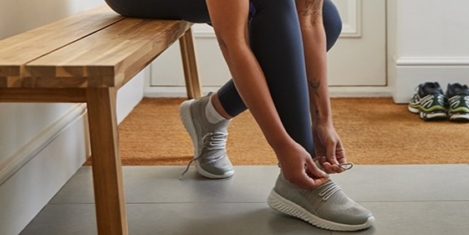
 Nuffield Health’s 2024 ‘
Nuffield Health’s 2024 ‘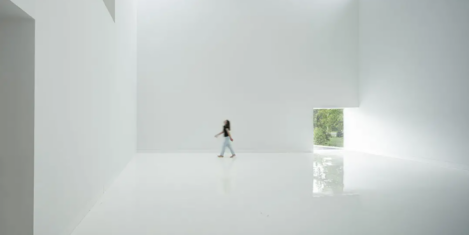





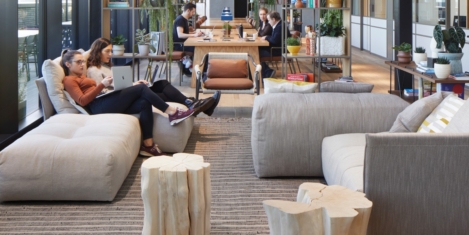
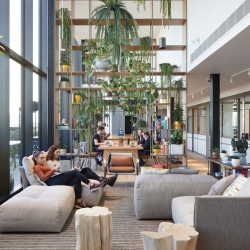














June 12, 2024
We only have to look at the natural world to boost our mental health
by Whitney Fleming • Comment, Wellbeing